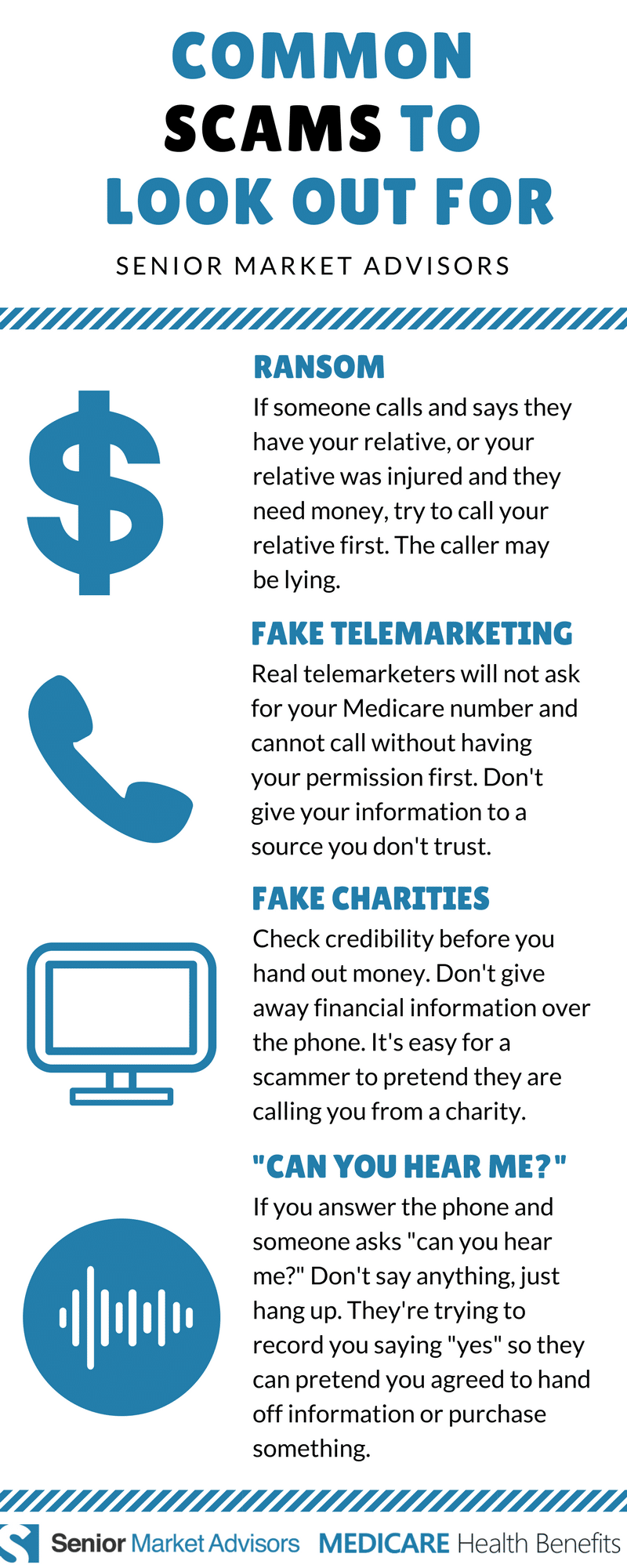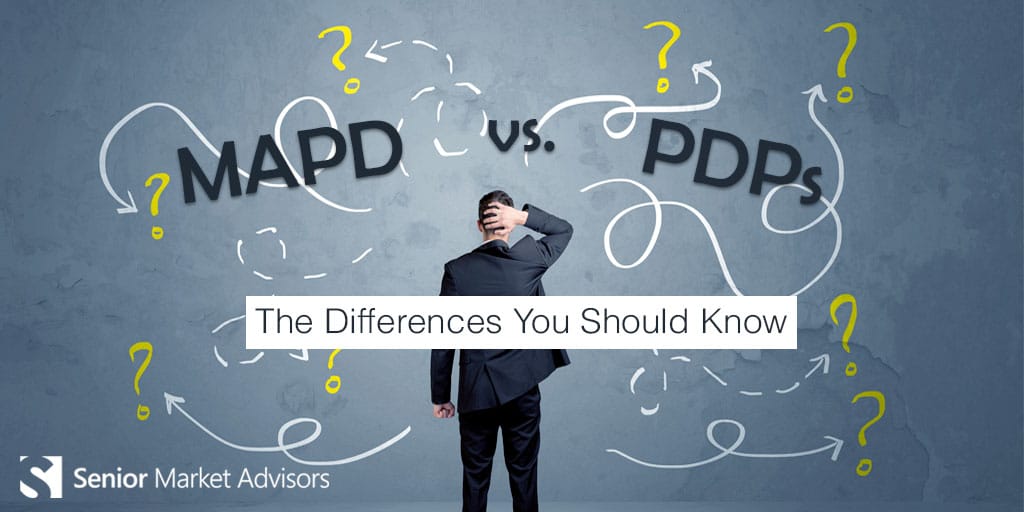Help Protect Seniors From Health Care Scams
Unfortunately, seniors and Medicare eligibles are major targets for scammers. They are more likely to need products (like health care) that require personal information. Also, they are more likely to have a set budget. Your clients may be contacted by scammers offering fake health care or pretending to have information. Learn how to help them!
How To Spot A Scam
Most of the time, anyone who wants to talk to a senior or Medicare eligible about their Medicare needs permission to do so. If someone calls or shows up at their door uninvited and says they are from Medicare, it’s probably a scam. If a company randomly asks for their Medicare number or they are offered something in exchange for their Medicare information, it’s probably a scam.
Common Scams
- “I Need Help” – One recent scam involves adults calling the elderly and pretending to be their grandchildren asking for money. They’ll say that they are in some form of trouble and need money to get out. A worried grandparent can fall for this easily. Warn your clients to ask for personal details that only their real grandchild would know.
- Unauthorized Telemarketing – Your clients have probably received calls from companies like ours asking to set up appointments to review health care plans. Some are completely legitimate, but scammers know that not all seniors and Medicare eligibles are aware of Medicare compliance. They don’t all know that we need permission to speak with them about their Medicare. Most importantly, they don’t know that we won’t need their social security or Medicare number over the phone. Make sure your clients know about all these rules to help them avoid giving out information to those who don’t deserve it.
- Fake Charities – The easiest way for a scammer to get money out of someone’s hands is to pretend that it’s going to someone who truly needs it. It’s easy for scammers to piggyback off of natural disasters and other worldly events that require funding. They’ll start calling people a few days after a hurricane to ask for donations, then pocket the money. Warn seniors to check credibility before handing out money.
- “Can you hear me?” – The “can you hear me” scam surfaced last year. The scammers were using this question to get a “yes” answer from people. Then, they edited the recorded phone call to make it seem as though the client agreed to purchase a product or submit information. Tell seniors and Medicare eligibles that if they hear their caller ask “can you hear me,” they should immediately hang up the phone.
Volunteer To Help
You can become a volunteer to help fight Medicare fraud! SMP, Senior Medicare Patrol, brings on volunteers to help staff information exhibits, distribute information, assist with administrative tasks, make presentations, manage reporting, and provide counseling to seniors who have been affected by Medicare fraud. You can start helping seniors today!



